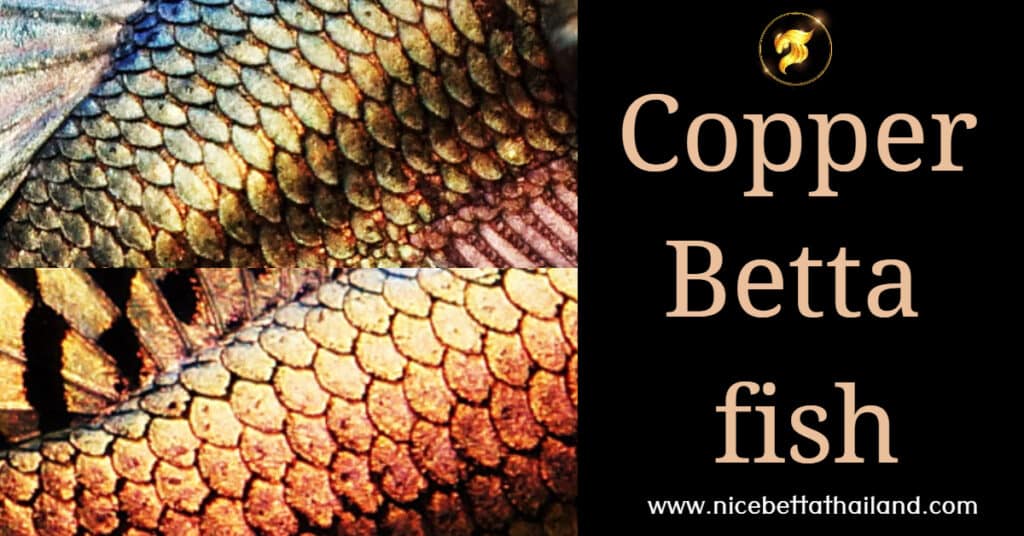Why betta fish die young. Let’s know about bettas first. Betta splendens are among the most popular freshwater tropical fish out there, and it’s easy to see why. They’re beautiful, with their flowing fins and brilliant colors. They’re mysterious, originating from far-off lands in the East. And, of course, they are very dangerous, having been trained in super-secret fishy fighting styles.
Top 6 Reasons Betta fish pass a way
But no aquatic ninja skills can save bettas from the ultimate end that awaits us all. Ashes to ashes; fish flakes to fish flakes. One minute you’re swimming merrily along, the next you’re belly-up and stuck to the filter intake.
There is no escaping the Angelfish of Death. Unfortunately, for many betta fish it all ends far too soon. If you are the keeper of such a fish it can be pretty disheartening when it dies before its time. You begin to wonder what you did wrong, what you may have done differently and if you deserve to keep a fish at all.
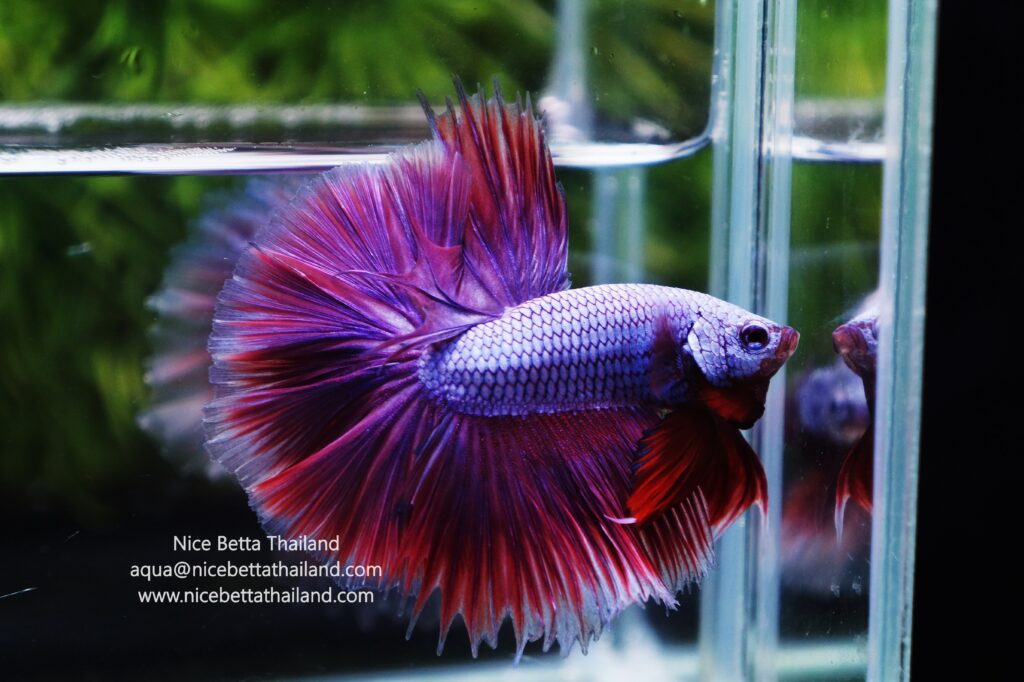
I’ve been there, with bettas and other species of betta fish. All you can do it take an analytical view of your fish-keeping habits and try to puzzle out whether or not you made a key error somewhere along the line. In some cases you’ve done nothing wrong. Just like other pets, and even people, fish can suffer from congenital issues that shorten their lives.
However, any time you unexpectedly lose a fish it is worth your time to take a look at things and see if you might need to change some of your practices. This article can help with that process. Here I’ve outlined some of the typical reasons betta fish die, and what you can do to avoid them.
Why Did My Betta Fish Die?
- Poor water conditions: Clean water is a must for any fish, especially bettas.
- Low water temperatures: Bettas are tropical fish and need water temps between 75 and 80°F.
- Overfeeding: Excess food can kill your fish.
- Harassment by tank mates: Aggression—both from or directed at a betta—can reduce its lifespan.
- Stress: Many issues can contribute to stress for your betta, including some you may have never imagined.
- Issues beyond your control: Illnesses and hereditary issues can also cut a fish’s life short. Below, I describe these issues in detail and outline some ways to avoid each.
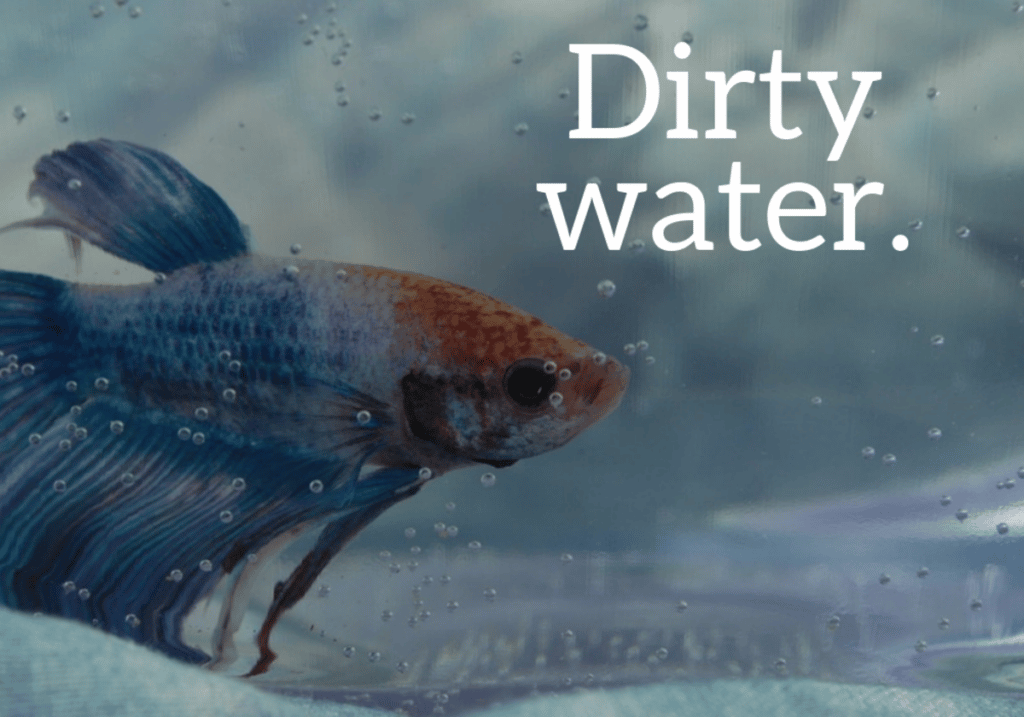
Poor Water Conditions can make betta fish die
Dirty water is one of the quickest ways to doom any fish tank. And it doesn’t even have to be visibly dirty. Chemicals from decomposing fish waste and uneaten food can contaminate your tank, rendering the water toxic.
Betta have a reputation for surviving in harsh environments where most fish would perish. This is because they are anabantids. They have evolved the ability to take gulps of air from above the water when the water itself is polluted and low in oxygen.
Sadly, this is also what makes people think it is okay to keep bettas in bowls and tiny tanks. Sure, he’ll survive for a while. But small volumes of water pollute very quickly, and it won’t be long before he is feeling the negative effects of poor water conditions. Fin rot and other diseases may be the result, as well as a marked increase in stress that will shorten his life.
Here are three things you can do to avoid this situation:
- Choose at least a 5-gallon tank for your betta. This not only means a better living space for your fish, but the tank will be easier to maintain.
- Use a filter. Yes, betta fish need filters in their tanks. Some 5-gallon tanks come with filters. Otherwise, there are nano filters out there choose from. If you go with a 10-gallon you will have many more options.
- Vacuum the gravel and perform regular water changes. If you suck up the debris and perform a partial water change every other week, your betta’s home will stay much cleaner.
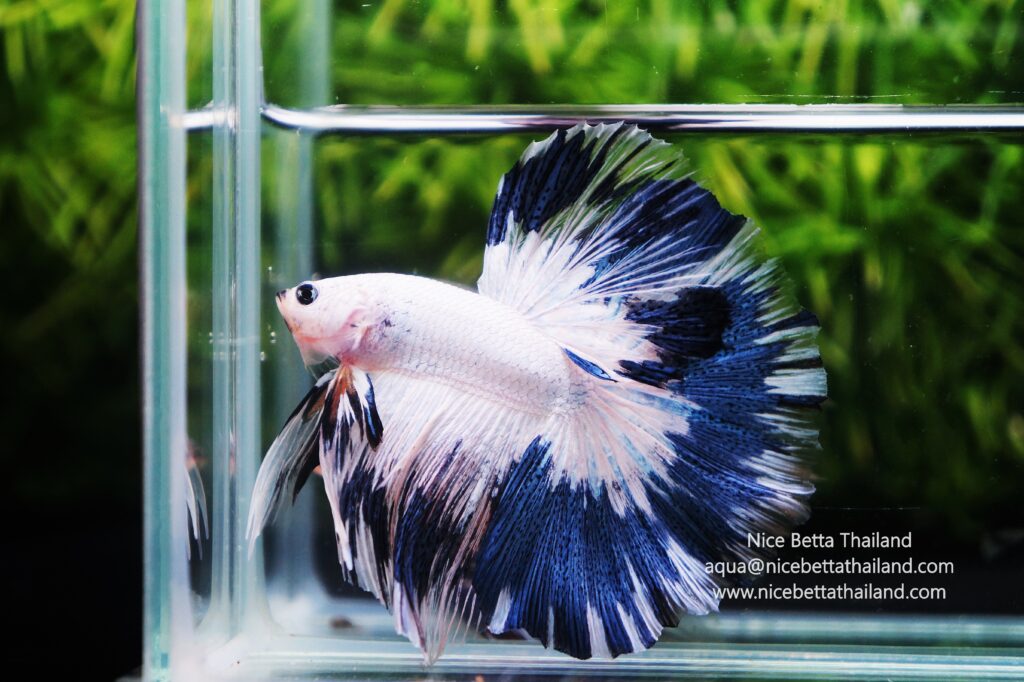
Low Temperatures can make betta fish die
Some people seem to think bettas are like goldfish, and they’ll do fine in an unheated bowl or tank. This is incorrect. Goldfish require cooler water, but bettas are tropical fish. As such, they require water temperatures between 75 and 80 degrees.
Cool water again means stress, illness and premature death for your betta. Even if it’s warm where you live, if the temperature drops at night it will cause the tank water to rapidly cool.
So, what can you do?
- Choose at least a 5-gallon tank. (Yup, it’s worth mentioning twice.) Tiny volumes of water cool off very quickly, but five-gallon tanks maintain their temperature a little better, and 10-gallon tanks are better still.
- Use a heater. Like filters, there are nano versions available for 5-gallon tanks, but more options for 10-gallon tanks.
- Monitor the water temperature. Don’t rely on the heater settings. A simple aquarium thermometer will tell you how warm your water is at all times.
Overfeeding can make betta fish die
All fish need to eat a healthy diet. This means a good-quality flake or pellet and occasional treats. But some well-meaning betta owners go overboard, adding way too much food for one fish to consume. Just like with people, when fish overeat it can lead to illness. Uneaten food can also foul the water, making it toxic for your fish. And, what goes into a fish must come out, so if you are stuffing your betta to the gills, there is bound to be more waste in the tank.
So, what to do?
- Feed your fish once per day and only as much as he will eat in a few minutes. Try to make sure as little food is wasted as possible.
- Consider a fasting day. Skip feeding one day per week.
- Clean the gravel and perform water changes. Set a regular schedule to maintain a healthy tank. This doesn’t have to be a major chore, and there are easy ways to do water changes.
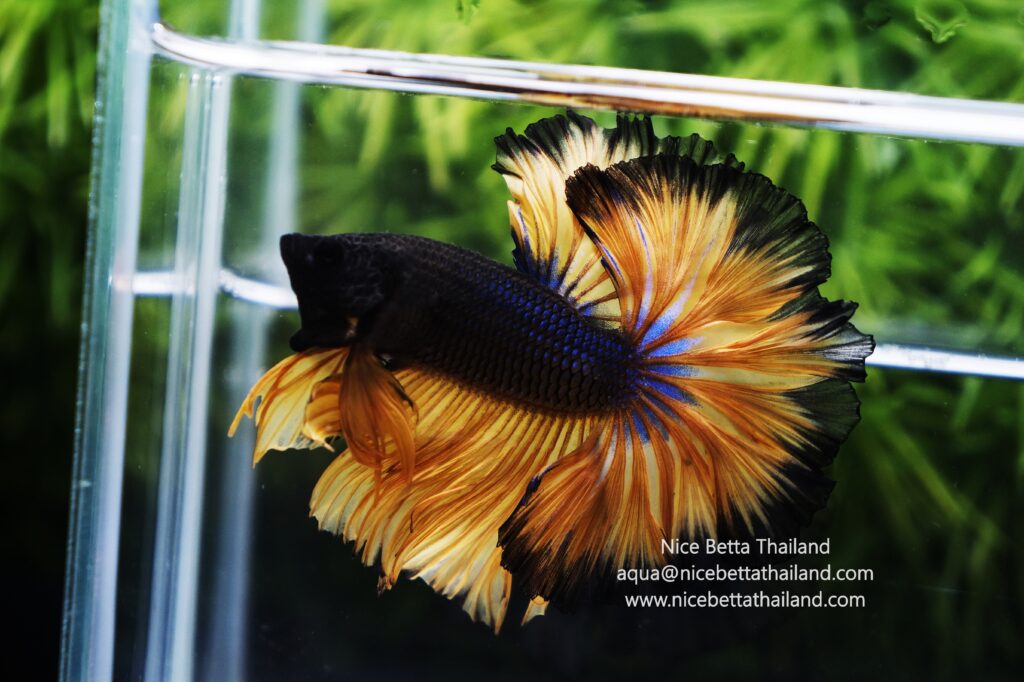
Harassment by Tank Mates
Betta fish can have tank mates in certain situations. However, you need to be very careful how you go about it. Certain types of fish may provoke aggression in bettas, particularly other anabantids or fish with flowing fins they may mistake for another male betta.
But there is another side to the story, one you don’t often think about until it’s too late. While bettas have a reputation for aggression and fighting, they are actually fairly small, slow-moving fish. They can be attacked and bullied by larger fish, and smaller fish may nip at their fins. This means perpetual (you guessed it) stress which inevitably leads to a premature (say it with me) death.
So how do we avoid this?
- Have backup plan. Whenever you have your betta in a community tank setting, you need to have another setup ready to go in case of disaster. This could be something as simple as a temporary one-gallon bowl (with the intent to upgrade him to a 5-gallon tank ASAP). The point is to have a way to get betta out of there if things go wrong.
- Never try to keep your betta fish with tank mates in a tank under 10 gallons. There simply isn’t enough room for everyone to get along.
- Be very selective about which tank mates you choose, and how you introduce your betta. Read Tank Mates for Bettas and Betta Fish in a Community Tank for help.
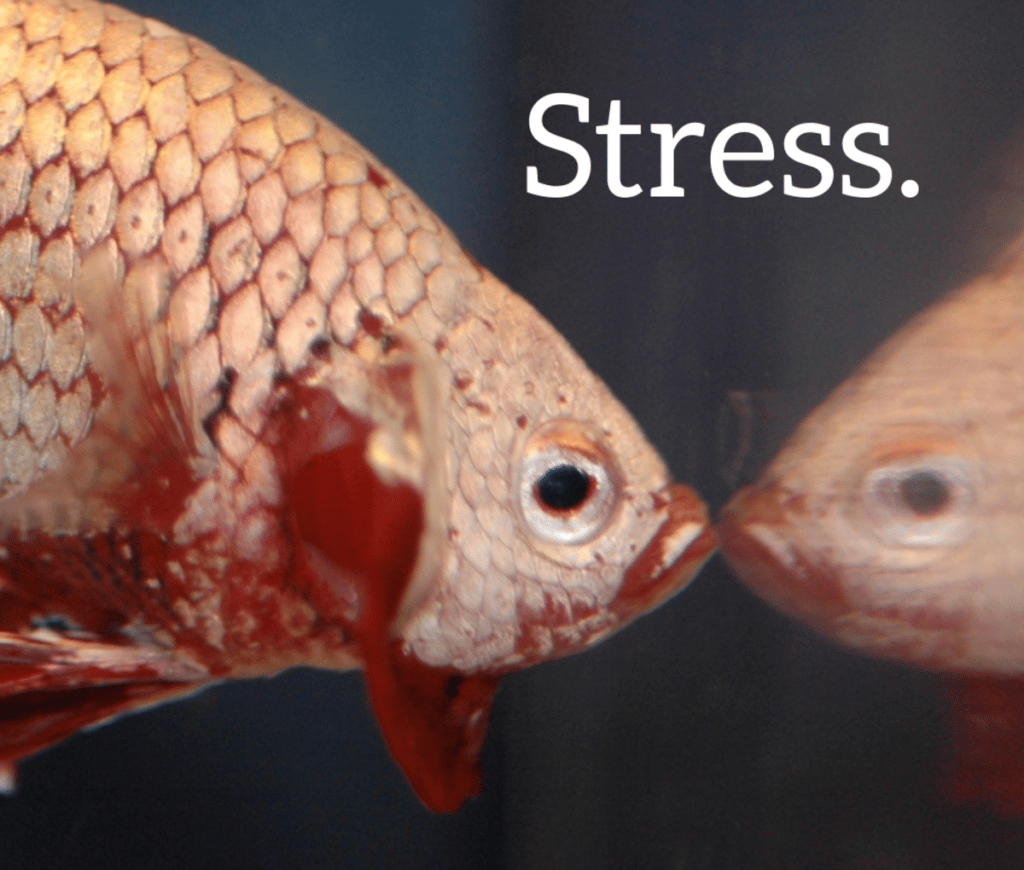
Stress
As we have seen, bettas can die from poor water conditions, overfeeding, cool water temperatures, and a dangerous living situation. Aside from the physical damage these issues can cause, when your fish is under constant stress, he is more likely to get sick, and more likely to die.
But there are other potential stressors in you tank, ones you may never have thought of. The current from the filter or bubbler may push betta around. He may see his reflection in the tank glass and think it’s another fish, and constantly be looking to fight with himself. If he has no hiding spot such as a small cave or decoration, he may feel vulnerable. If some knucklehead in your household is constantly tapping on the glass, it may scare him.
There are a few simple things you can do here (aside from tackling the person who keeps tapping on the glass):
- Choose a low-flow filter that doesn’t blow him around the tank. Avoid bubblers in small tanks.
- Make sure he has somewhere to hide and escape from the world if he feels the need. Something as simple as a decoration or rock cave is fine.
- Adjust the light in the room so he doesn’t see himself. A little flaring is no big deal, but if he thinks he has to continuously defend himself, it will wear him out.
Issues Beyond Your Control
Betta fish are bred in huge numbers. They live in teeny cups for part of their lives, until you bring them home. If I’m saying a tank smaller than 5 gallons pollutes quickly, you can imagine how bad those little cups must be. It seems the deck is stacked against these poor fish from birth.
You have no way of knowing if your fish is sick when you bring him home. You have no way of knowing if he has some congenital issue that he’s going to die from no matter what you do. You can take a new puppy to the vet to get him checked for such issues, but with a tiny fish there is simply no way to know.
If you feel like you’ve done everything right and your fish dies anyway, go easy on yourself. Yes, it always helps to take a look at your fish-keeping practices and analyze if you could have done something differently. But, remember, it may not be your fault at all.
Likewise, if you’ve done all the wrong things and your betta lived for years and years, don’t assume doing the right thing doesn’t matter. Like people, some fish can live unhealthy lives and survive into old age. And some can live in healthy, heated, safe, happy water and die young anyway. All we can do is what we can do. The rest is luck.
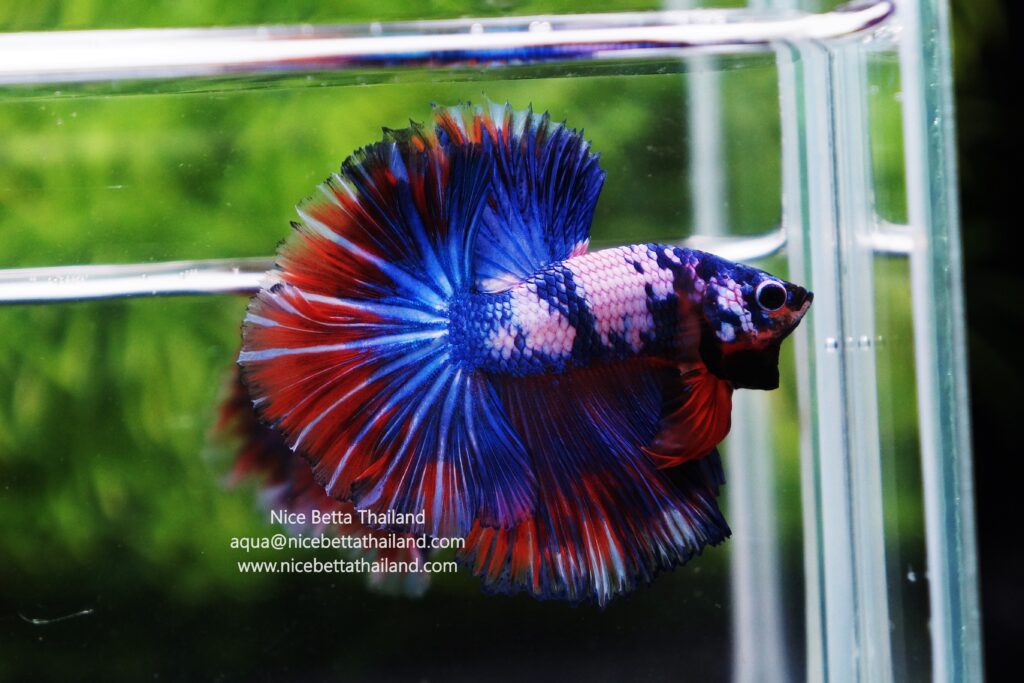
Frequently Asked Questions
Can I use tap water to fill my betta’s tank?
Probably. It is smart to have your tap water tested so you know exactly what is in there. I advocate using as few chemicals in your fish tank as possible, and you may be able to use water straight from your tap without any alterations. (I do.) This is especially possible if your water comes from a well or other pure source.
If you rely on a municipal water source it is probably a different story. If your water is safe to drink but contains additives like chlorine you’ll need to use a water conditioner that has been approved for treating a betta’s water.
Tap water typically contains all the minerals your fish needs… if you remove the chlorine, chloramines, and other heavy metals first. Distilled water, on the other hand, is not ideal because it lacks the minerals fish need to be healthy.
Why does the tail or fins of my betta fish look torn, short, or ragged?
A chewed-up, tattered-looking tail and/or fins is mostly likely caused by fin rot or by a tank mate’s nibbling teeth. If your betta starts looking a little worse for wear, you should determine and treat the cause as soon as possible.
Fin rot is a sign that your fish has a bacterial disease. You can avoid it by using good tank management practices, not overfeeding and keeping the water clean. If it’s already too late, you’ll need to spruce up your aquarium care strategy immediately.
Clean water is the most important thing here. This means:
- Keeping up with water changes.
- Vacuuming the tank and getting rid of excess waste.
- Testing the water to make sure it is safe and remains so.
You may also dose your tank with aquarium salt (not marine salt) to help stave off the infection.
If the damage is caused by a tank mate’s nibbling teeth, it’s time to move your betta its own tank.
How can I keep my betta fish alive for as long as possible?
By controlling your betta’s environment and making sure he has exactly what he needs, you can lengthen and improve his quality of life. Here are some links to articles that will help you set your tank up:
- Betta Fish Supplies List
- Betta Fish Tanks: How to Choose the Best Aquarium for Your Betta
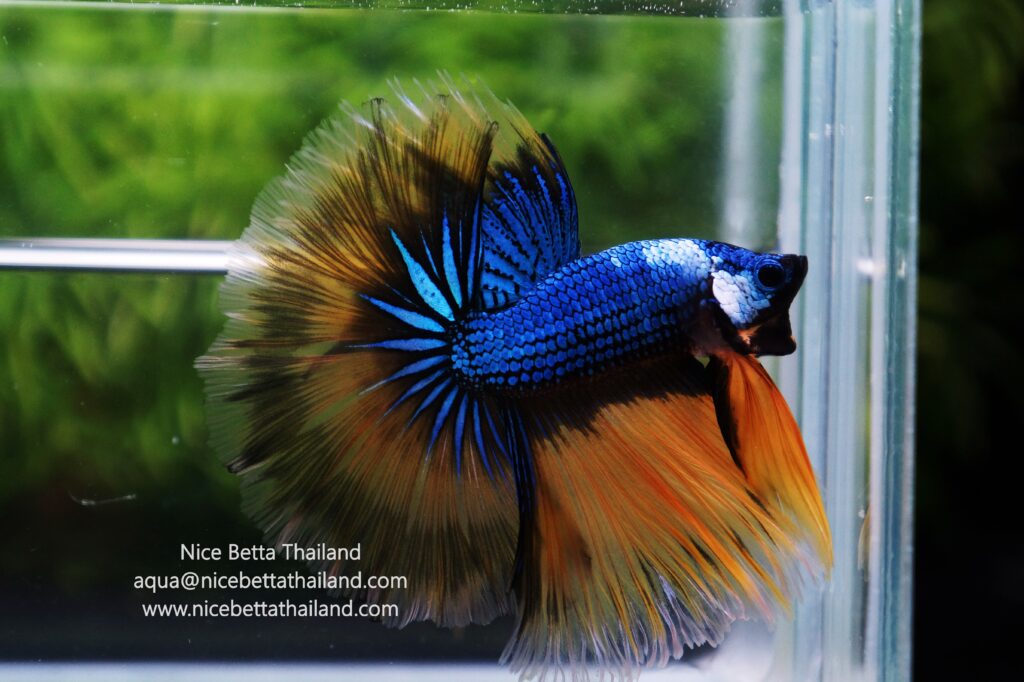
What is the best kind of food to feed my betta?
Betta fish are carnivores, so their diet should be mainly protein. Appropriate foods include:
- pellets designed especially for bettas
- fish flakes (some bettas won’t eat this, though)
- bloodworms (frozen, freeze-dried, or live)
- brine shrimp (frozen, freeze-dried, or live)
- daphnia (water fleas)
I advise feeding flakes or pellets as the staple of your betta’s diet, and offering other foods only as occasional treats.
How should I feed my betta?
Feed your fish only what it can eat in about two minutes, and only feed it once or twice a day. Any more and you’ll have too much waste build-up in your tank and possibly a sick fish—and neither of these conditions is optimal for long life.
If you are concerned that you are accidentally overfeeding your betta it is perfectly okay to add a fasting day to his feeding schedule once per week.
Note: The container the fish’s food comes in might recommend that you feed more frequently, but that’s up to you. The key is to give your betta the proper nutrition he needs without overfeeding.
Saving Betta
Caring for a fish properly can go a long way toward making sure he lives a long and happy life. As their stewards, we owe it to them to try our best and keep their interests in mind. We have a responsibility when we take a living thing into our home and care for it. If we aren’t going to take it seriously, why have a fish at all?
Aside from practicing smart aquarium care habits, one other thing you can do is be wise where you purchase your fish. Conscientious pet stores only stock as many fish as they know they can sell in a reasonable amount of time. If you see a massive pile of betta cups filled with dazed and half-dead fish, don’t bother looking for the one healthy fish in the pile. Go somewhere else.
If you’ve lost a betta, it can be frustrating and heartbreaking. You may have made some errors, things you can do differently next time. Being a good betta owner doesn’t mean you are always perfect, but it does mean you do your best, and learn from your mistakes.
Good luck!
Looking for Rare betta fish?
If this article betta fish die was useful to you You can leaving a 5-star reviews for It’s an encouragement. For us make encourage us in our research. Research information about betta fish for to present useful information further

Also we have group talk about betta fish for sale and share any new tip take care information on Web3 socialFi group

Right now we have betta fish doctor help every bettas lover by top breeder in Thailand to cure or share more tip on Animalverse social
If your bettas fish sick or need tip to treat help or join event prize with AVC Token
Let’s join the group many top breeder will help to answers in betta fish community
More tip :
15 Common Betta Fish Diseases Prevention and Treatment
How to tell if your betta fish is happy
The Sad Truth On Betta Fish In Tiny Spaces
All of Betta Fish A Guide on Patterns, Color in the world



